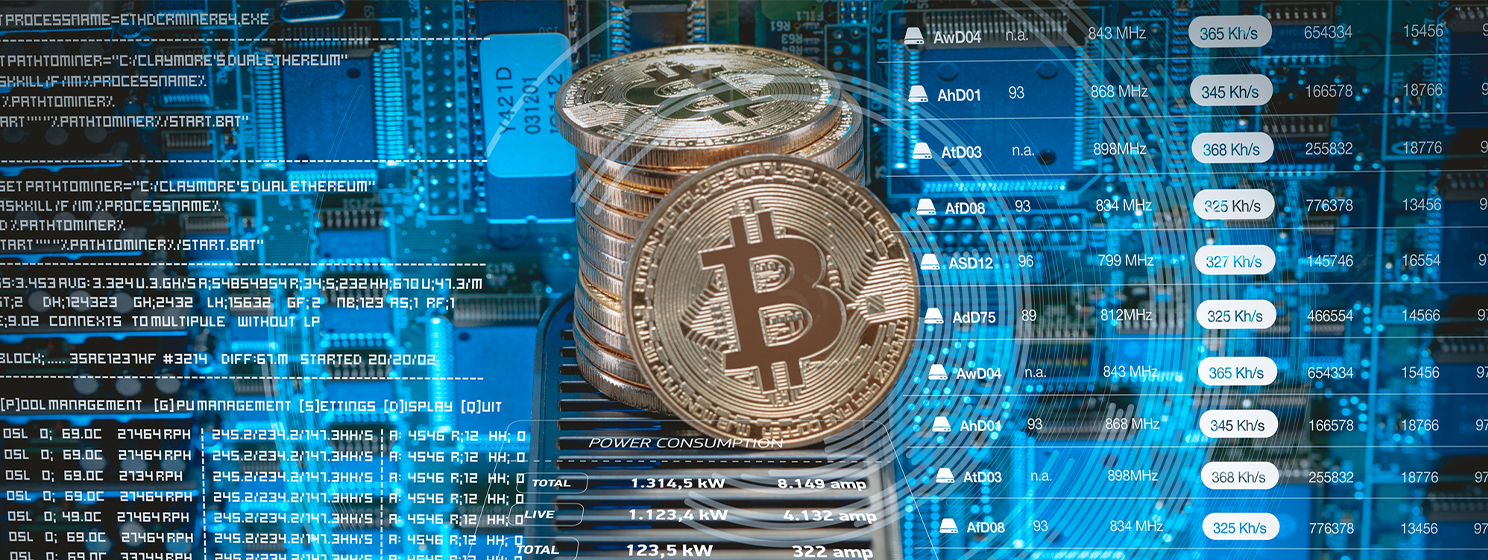|
Getting your Trinity Audio player ready...
|
Block reward miner Hut 8 (NASDAQ: HUT) has announced a new BTC ASIC miner in partnership with Bitmain.
The two have been in business for years in a miner-manufacturer partnership that spans commercial and technical ties. The U.S. miner has been supporting Bitmain in developing more efficient mining rigs as it seeks an edge in the competitive space amid dipping profits for miners.
The new U3S21EXPH miner is a culmination of this partnership, Hut 8 said in a press release. It will be the first commercial ASIC miner from Bitmain that features direct liquid-to-chip (DLC) cooling.
This cooling method, common in high-performance computing in data centers, circulates a liquid coolant through channels that directly contact the hot components, such as CPUs and GPUs, maximizing energy efficiency while supporting higher rack densities.
Hut 8 added that the new ASIC miner would be built mostly on components commonly used in data centers, including racks and cooling systems. This component overlap will be “driving the opportunity for greater supply chain synchronization across [BTC] mining and HPC data centers.”
The miner intends to deploy the U3S21EXPH miners in the second quarter of 2025, with an initial hosting partnership that will handle 15 exahash per second (EH/s). This will allow Hut 8 to initially host the miners for Bitmain, with an option to purchase them at a fixed price. This reduces the capital requirements for the miner while allowing it to test the ASICs before purchase, explained CEO Asher Genoot.
He stated, “For Hut 8, the benefit of the structure is twofold: it protects our downside with a fixed-price hosting revenue stream, and it creates significant option value with a fixed-price purchase option. We believe this model represents a more thoughtful approach to capturing the lucrative economics offered by next-generation machines, reducing upfront capital requirements while we continue to pursue growth initiatives in AI infrastructure.”
For Hut 8, transitioning to more efficient miners is its latest bet on surviving a bloodbath in the BTC mining sector this year. With the BTC halving this year that slashed the block reward to 3.125 BTC, miners have been struggling to break even as energy prices soar. BTC miners rely entirely on the block reward as the network’s 1MB blocks have limited the network’s applications from scaling to expand the base for transaction fees. BSV transaction processors, on the other hand, rely just as much on the fees from the thousands of transactions per block as they do on the block reward, which is a more sustainable approach over the near and long term.
In Q2 this year, Hut 8 reported a net loss of $72 million, a 3,600% jump year-on-year. Other miners didn’t fare any better; CleanSpark (NASDAQ: CLSK) recorded $236.2 million in losses in Q2, Bitfarms (NASDAQ: BITF) lost $27 million, while Bitdeera and Cipher Mining’s (NASDAQ: CIFR) losses hit over $15 million each.
Watch: GorillaPool provides end to end solution for ASIC mining

 02-15-2026
02-15-2026 




